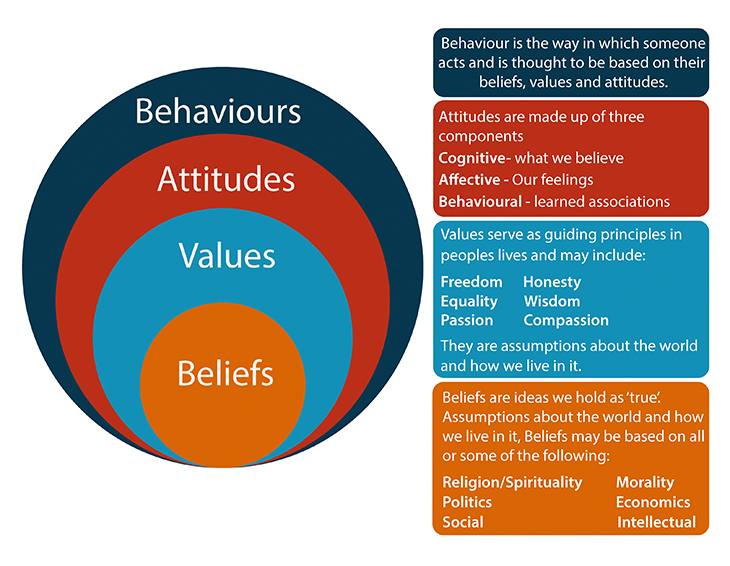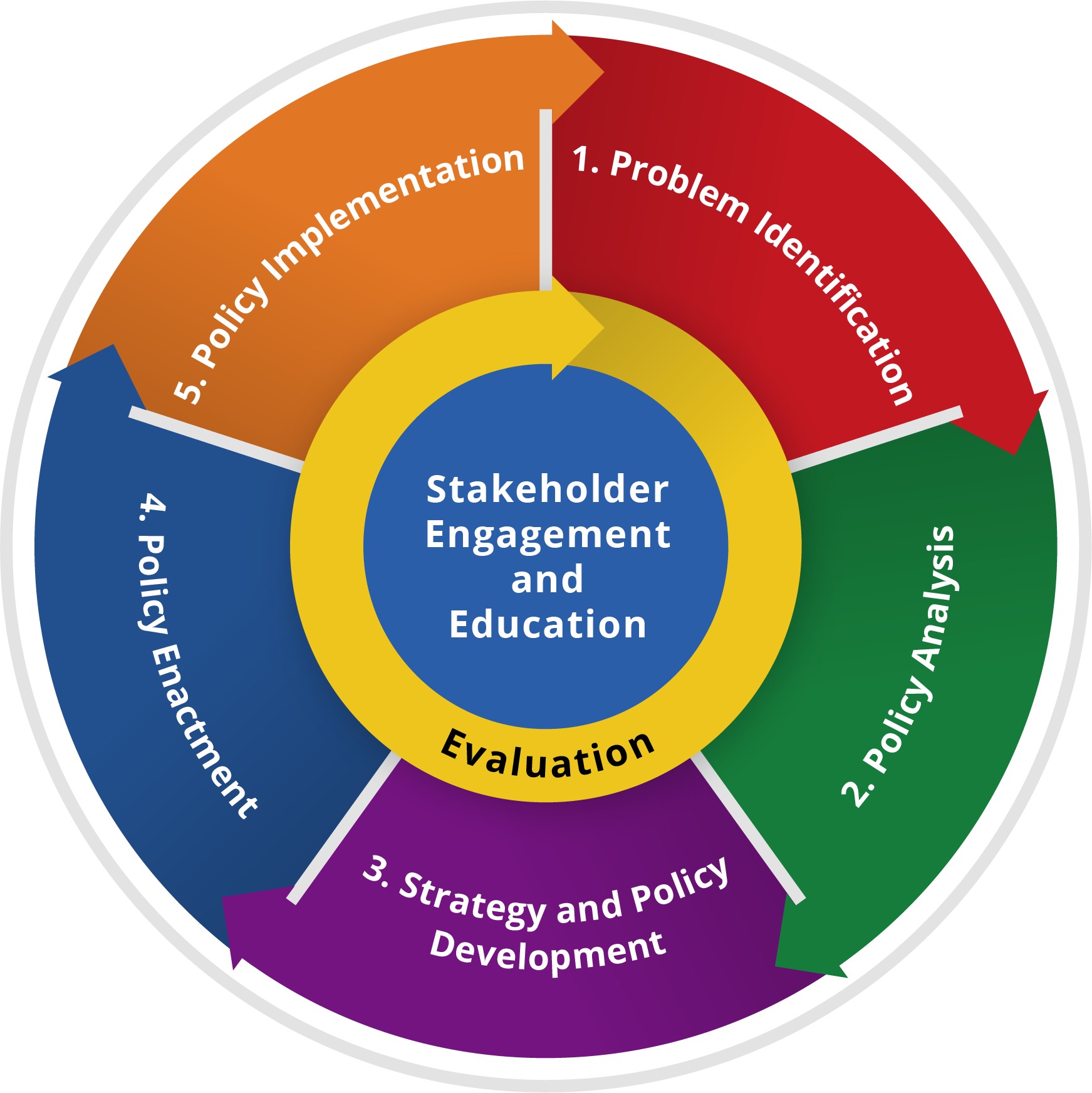Environmental Value Systems (EVS) are intricate configurations of ethical, philosophical, and cultural principles that dictate our interactions and relationships with the environment. These systems are instrumental in shaping our perspectives, decisions, and actions concerning environmental conservation, exploitation, and management.
What is an Environmental Value System?
An Environmental Value System (EVS) is a coherent set of values and beliefs that individuals, communities, or organisations possess regarding the environment. These systems are influenced by a myriad of factors including personal experiences, societal norms, cultural backgrounds, and educational insights. To understand the diverse types of EVS better, it's essential to explore how they vary globally and are applied in different contexts.
Components of EVS
Ethical Foundations: These are the moral compasses that individuals or societies use to judge the appropriateness of actions towards the environment. They are often rooted in philosophical doctrines, religious beliefs, or societal norms that define what is considered right or wrong, just or unjust in the context of environmental interactions.
Cultural Influences: Every culture has unique traditions, customs, and norms that shape the attitudes and behaviours of its members towards the environment. These cultural elements are often ingrained and passed down through generations, influencing the collective EVS of a community.
Philosophical Perspectives: These are theoretical underpinnings that inform and shape our views and attitudes towards nature and the environment. Different philosophical schools of thought, such as utilitarianism, deep ecology, and ecofeminism, offer varied interpretations and approaches to environmental ethics. The evolution of EVS showcases how these perspectives have changed over time, adapting to new challenges and insights.
Importance of EVS
Shaping Attitudes and Behaviours
An EVS is instrumental in moulding the environmental attitudes and behaviours of individuals and groups. It acts as a lens through which environmental issues are perceived, interpreted, and responded to.

A conceptual model showing how beliefs and values underpin attitudes, which in turn shape behaviours. This pathway illustrates how an environmental value system translates into day-to-day choices and policy preferences. The diagram is generic (from a nursing course) but applies directly to environmental decision-making. Source.
Perception of Issues: The way environmental problems are identified and understood is heavily influenced by the underlying EVS. For instance, an anthropocentric perspective may view nature as a resource for human use, while an ecocentric view sees intrinsic value in all living beings.
Behavioural Responses: The actions and reactions towards environmental issues are dictated by the EVS. It influences the choices people make, from lifestyle decisions like diet and transportation to broader stances on issues like climate change and biodiversity conservation.
Influencing Policy and Decision-Making
Policies and decisions at various levels, from local to global, are not made in a vacuum. They are embedded in and influenced by the prevailing EVS of the decision-makers or the populace they represent.
Policy Formation: Laws, regulations, and policies are often a reflection of the dominant EVS. For instance, countries with a strong emphasis on ecological preservation might enact stringent regulations on pollution and wildlife conservation. The definition of sustainability plays a crucial role in shaping these policies.

A policy-cycle schematic used by the U.S. CDC showing the five core stages with continuous stakeholder engagement and evaluation. It illustrates where environmental value systems can shape choices—from defining the problem to enacting and implementing solutions. This is a public-health example but the cycle generalises to environmental policy. Source.
Implementation Challenges: Enforcing environmental policies can be complex, especially in societies with diverse and sometimes conflicting EVS. Balancing economic development, social equity, and environmental protection often requires navigating through a maze of varied value systems. Understanding the challenges to sustainability helps in appreciating the complexities involved in policy implementation.
EVS in Action
Individual Level
On a personal scale, EVS influences everyday actions, decisions, and behaviours concerning the environment. It’s a determinant of the individual’s ecological footprint, conservation efforts, and overall interaction with nature.
Personal Choices: These include daily decisions related to consumption, waste management, energy use, and other actions that directly or indirectly impact the environment. The EVS shapes the consciousness and conscientiousness with which these choices are made.
Environmental Stewardship: The level of responsibility and initiative an individual takes to protect and preserve the environment is anchored in their EVS. It influences volunteerism, activism, and personal practices aimed at environmental conservation.
Community Level
At the community level, a collective EVS emerges, which influences communal responses to environmental issues, conservation initiatives, and the overall environmental ethos of the group.
Collective Actions: These are initiatives and actions undertaken by communities to address specific environmental challenges. The nature and extent of these actions are influenced by the community’s collective EVS.
Adaptation Strategies: Communities develop coping mechanisms and adaptation strategies in response to environmental changes, such as climate change, based on their value systems, resources, and capacities.
Organisational and Global Level
Organisations and international bodies are not immune to the influences of EVS. These entities are often at the intersection where multiple value systems converge, leading to complex dynamics in decision-making and strategy development.
Corporate Responsibility: Companies and organisations integrate environmental ethics into their operational and strategic decisions based on their corporate EVS, which is often a blend of internal values and external expectations.
International Cooperation: On the global stage, international treaties, agreements, and collaborations on environmental issues are shaped by the interplay of diverse national and regional EVS. Finding common ground can be challenging but is essential for addressing global environmental crises. The principles of sustainability are often at the core of these international efforts.

Delegates assemble in the COP21 plenary hall in Paris, where negotiations produced the Paris Agreement. The scene exemplifies how differing environmental value systems meet in formal diplomacy to shape collective action on climate change. This real-world setting complements the conceptual discussion of EVS and decision-making. Source.
Case Study: Climate Change
Diverse Perspectives
The multifaceted issue of climate change exemplifies the complexity introduced by diverse EVS. Stakeholders from varied backgrounds bring their unique value systems to the discourse, leading to a spectrum of perspectives, priorities, and proposed solutions.
Policy Debates: National and international policies on climate change are a battleground of conflicting EVS. The debates encapsulate the struggle to balance economic growth, social welfare, and environmental preservation.
Activism and Advocacy: Environmental activists and advocacy groups are often driven by specific EVS, which dictate their agendas, strategies, and actions. Their advocacy reflects their core values and beliefs about the environment and humanity’s role within it.
Decision-Making Challenges
Navigating through the intricate web of diverse EVS to make informed and balanced decisions is a formidable challenge. It requires a nuanced approach, open dialogue, and sometimes, a reevaluation of entrenched values and beliefs.
Negotiation Processes: Aligning diverse EVS to forge coherent policies and actions is intricate. It involves negotiations, compromises, and consensus-building to reconcile conflicting values and interests.
Compromise and Consensus: Achieving a middle ground where varied EVS coalesce into actionable policies and strategies is pivotal. It underscores the importance of dialogue, engagement, and mutual respect in addressing complex environmental issues.
Reflection
For students of environmental science, delving into the concept of EVS is not just an academic exercise but a journey into the intricate world of values, beliefs, and principles that govern our interactions with the environment. It unveils the underlying currents that shape public opinions, policies, and actions on environmental issues. By dissecting and understanding diverse EVS, students are equipped with the analytical tools to navigate, interpret, and contribute to the contemporary environmental discourse with informed, balanced, and nuanced perspectives.
FAQ
Yes, an individual’s EVS can evolve over time due to various factors. Changes in knowledge, personal experiences, societal influences, and global events can all trigger a transformation in one’s values and beliefs about the environment. For example, increased awareness about climate change, exposure to diverse cultures, or experiencing environmental degradation can lead to a shift from an anthropocentric to an ecocentric or even a technocentric viewpoint. Education and awareness-raising play crucial roles in this evolution, as they expose individuals to new information, perspectives, and challenges that can reshape their environmental values and ethics.
EVS contribute to the complexity of international environmental negotiations by introducing a diversity of perspectives, priorities, and expectations. Different nations and cultures possess distinct EVS, each with its own set of values, beliefs, and principles regarding environmental management and conservation. This diversity can lead to conflicts and challenges in reaching consensus on international environmental agreements, as each party seeks to align the outcomes with its own EVS. The process requires careful negotiation, compromise, and sometimes, a reevaluation of entrenched values to achieve a balanced and equitable solution that addresses the diverse concerns and interests of all stakeholders.
The media plays a significant role in shaping and influencing EVS by disseminating information, framing environmental issues, and promoting particular perspectives and ideologies. Through news coverage, documentaries, social media, and other platforms, the media can raise awareness, shape public opinions, and influence attitudes towards environmental issues. The framing of environmental stories, the issues highlighted, and the narratives promoted can either reinforce existing EVS or challenge them, leading to an evolution of values and beliefs. The media can thus act as a catalyst for change or a conservator of existing environmental values, depending on the content and narratives disseminated.
Personal experiences significantly shape an individual's EVS by impacting their perceptions, attitudes, and behaviours towards the environment. For instance, someone who has experienced the adverse effects of pollution or climate change firsthand may develop a value system that prioritises environmental protection and sustainability. These experiences can lead to a heightened awareness of environmental issues, fostering values that support conservation, activism, and sustainable practices. Conversely, individuals without such experiences might have a different focus in their EVS, potentially prioritising economic development or technological advancement over strict environmental conservation.
EVS are not static within a community; they can vary greatly among different groups and individuals. While there might be a dominant EVS influenced by the prevailing culture, traditions, and norms, diversity exists due to individual differences, experiences, and exposures. Factors such as age, education, socioeconomic status, and personal experiences contribute to the diversity of EVS within a community. This diversity can lead to rich dialogues and debates, fostering a dynamic interplay of values and beliefs that can influence communal responses to environmental issues, policy development, and collective actions towards environmental conservation and sustainability.
Practice Questions
Environmental Value Systems (EVS) play a pivotal role in moulding individuals’ perspectives and actions towards the environment. An EVS is a set of values and beliefs that dictate how people perceive, interact with, and respond to environmental issues. It is influenced by cultural, ethical, and philosophical factors. For instance, an individual with an ecocentric EVS might prioritise biodiversity conservation and ecosystem health, leading to behaviours like reduced consumption, active participation in conservation efforts, and advocacy for stringent environmental policies. In contrast, an anthropocentric EVS might focus on human welfare and development, leading to a more utilitarian approach to environmental resources.
EVS are instrumental in the policy-making process, acting as the underlying framework that guides the creation and enforcement of environmental laws and regulations. Policies are often a reflection of the dominant EVS within a society or among decision-makers. For example, a society with a prevalent ecocentric EVS might enact strict regulations on pollution control and wildlife conservation, prioritising ecological integrity. In contrast, an anthropocentric society might focus on policies that balance environmental conservation with economic growth and human development. The diversity in EVS can also lead to challenges in policy implementation, especially when conflicting value systems coexist.

